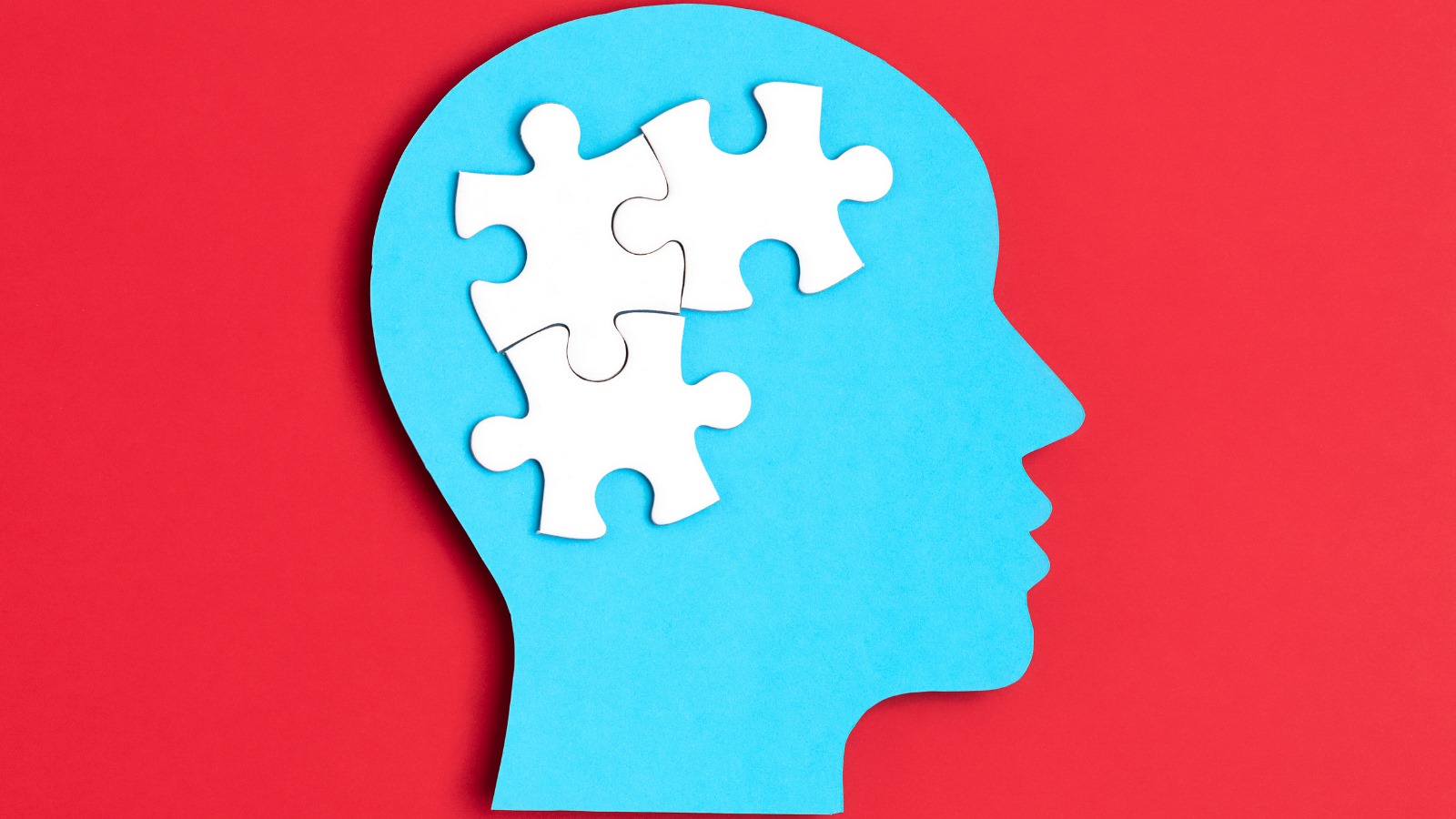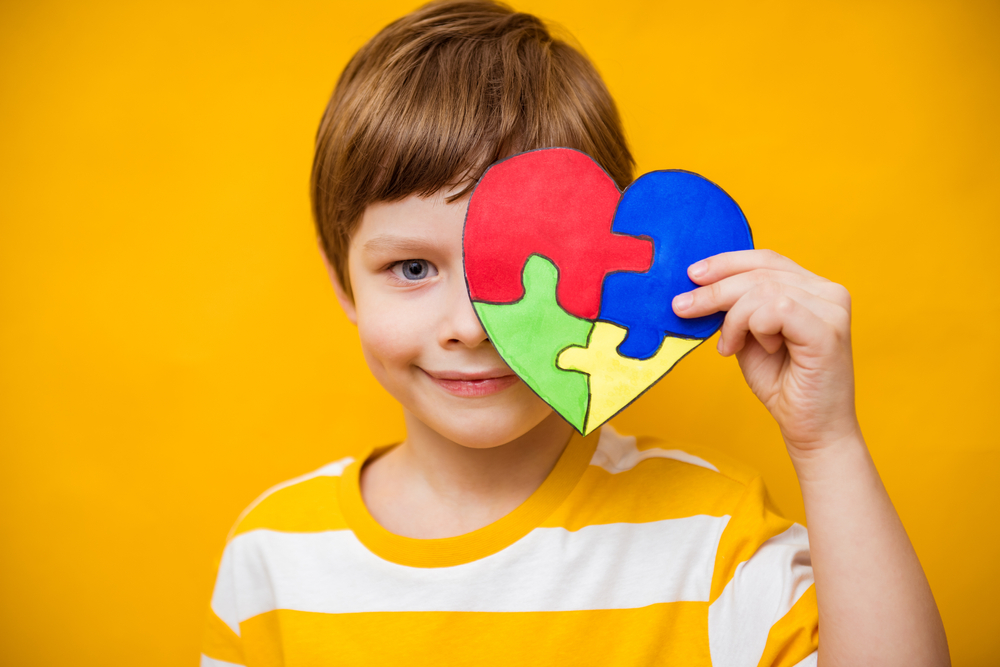Autistic Pride Day, a self-advocacy movement, is held annually on June 18th.
Within the disability community and beyond to the community-at-large, April is widely known as Autism Awareness Month. Plus, this timeframe includes World Autism Awareness Day, an internationally-recognized observance held annually on April 2. First held in 1972 by the Autism Society, the monthly-long focus has historically promoted the understanding of autism spectrum disorder.
About 1-in-44 children are identified as having autism spectrum disorder, according to estimates from CDC’s Autism and Developmental Disabilities Monitoring Network. Autism is a complex developmental condition caused by differences in the brain. While abilities vary greatly per person, people with autism may behave, communicate, interact and/or learn in ways that are different than others.
Autistic Pride Day, held annually on June 18, is a lesser-known observance (compared to the April observances). However, its significance is equal to (or perhaps even believed to be greater than) Autism Awareness Month and World Autism Awareness Day. That’s because it is driven by members of the autistic community. Read on to learn why…

Awareness vs. Acceptance
In 2021, 49 years after Autism Awareness Month originated, the Autism Society, along with leading disability organizations across the country, announced its decision to formally shift reference from “Autism Awareness Month” to “Autism Acceptance Month.” The terminology modification may not seem drastic to some, but there is an important distinction between awareness (i.e. knowledge of autism) and acceptance (i.e. favorably reception of people with autism).
Acceptance better emphasizes the need for inclusion for people of all abilities, with opportunities for education, employment, accessible housing, affordable health care and comprehensive long-term services.
“While we will always work to spread awareness, words matter as we strive for autistic individuals to live fully in all areas of life,” Christopher Banks, President and CEO of the Autism Society of America, said in a press statement announcing the terminology change-up. “As many individuals and families affected by autism know, acceptance is often one of the biggest barriers to finding and developing a strong support system.”
According to the Autism Society, other groups that have also shifted to using the more suitable term of acceptance include the Administration for Community Living, Association of University Centers on Disabilities, Autistic Women and Non-Binary Network, Easter Seals, First Place AZ, National Association of Councils on Developmental Disabilities (NACDD) and The Arc.

What is Autistic Pride Day?
The terminology shift led by the Autism Society is, of course, overdue progress to celebrate. But, as it turns out, people with autism previously kick-started a similar positive shift within the disability community. In 2005, a group called the Aspies for Freedom established Autistic Pride Day to be held on June 18. This observance aims to heighten awareness about the value of people with autism. The effort is all about reframing the negative perception of needing to cure/treat a medical epidemic and, instead, appreciate the wonderfully unique and purposeful individuals who live with autism spectrum disorder.
When people with autism (or any difference) are confronted with unfortunate myths about their condition, they may naturally tend to feel less valid. But diversity, including neurodiversity, is not a problem; rather, an exceptional distinction to embrace. Yes, autism can create added hurdles; however, discrimination against those with the condition is unnecessary and, frankly, wrong.
Autistic Pride Day is a movement led by people with autism spectrum disorder advocating for themselves, versus organizations that spearhead efforts. According to numerous reports, June 18 was chosen because it was the birthday of the youngest member (at the time) of the Aspies for Freedom group. Somewhat modeled after the grassroots movement of Pride Month, in support of the LGBTQ+ community, the rainbow infinity icon that represents Autistic Pride Day symbolizes “diversity with infinite variations and infinite possibilities.” In fact, some believe that, just like the slow-moving advancement for LGBTQ+ issues, the same level of awareness and acceptance should and will eventually come for people with autism.
People with disabilities are the largest and most diverse minority within the population, representing all abilities, ages, races, ethnicities, religions and socio-economic backgrounds. Disability pride (and autism pride) is an integral part of movement building, and a direct challenge to systemic ableism and stigmatizing definitions of disability. However, a disability is not the only identity one has; of course, one may identify by gender, race, height and many other physical or emotional attributes. All of a person’s identities are important and have value.
Autistic Pride Day is a reminder that people with autism have always been and will continue to be an important, treasured part of our human society. People with autism can and should feel proud of themselves and promote that being different, and/or autistic, is absolutely OK!






